Panossian, A., & Wikman, G. (2008). Pharmacology of Schisandra chinensis Bail.: An overview of Russian research and uses in medicine. Journal of Ethnopharmacology, 118(2), 183-212.
Kuo, J., Chen, K. W., Cheng, I. S., Tsai, P. H., Lu, Y. J., & Lee, N. Y. (2010). The effect of eight weeks of supplementation with Eleutherococcus senticosus on endurance capacity and metabolism in human. Chinese Journal of Physiology, 53(2), 105-111.
Ishaque, S., Shamseer, L., Bukutu, C., & Vohra, S. (2012). Rhodiola rosea for physical and mental fatigue: a systematic review. BMC Complementary and Alternative Medicine, 12(1), 70.
Kokoska, L., & Janovska, D. (2009). Chemistry and pharmacology of Rhaponticum carthamoides: A review. Phytochemistry, 70(7), 842-855.
Kennedy, D. O., Haskell, C. F., Wesnes, K. A., & Scholey, A. B. (2004). Improved cognitive performance in human volunteers following administration of guarana (Paullinia cupana) extract: comparison and interaction with Panax ginseng. Pharmacology Biochemistry and Behavior, 79(3), 401-411.
Zhu, J. S., Halpern, G. M., & Jones, K. (1998). The scientific rediscovery of an ancient Chinese herbal medicine: Cordyceps sinensis: part I. Journal of Alternative and Complementary Medicine, 4(3), 289-303.
Kim, H. G., Cho, J. H., Yoo, S. R., Lee, J. S., Han, J. M., Lee, N. H., … & Son, C. G. (2013). Antifatigue effects of Panax ginseng CA Meyer: a randomised, double-blind, placebo-controlled trial. PLoS One, 8(4), e61271.
Panossian, A., & Wagner, H. (2005). Stimulating effect of adaptogens: an overview with particular reference to their efficacy following single dose administration. Phytotherapy Research, 19(10), 819-838.
Darbinyan, V., Kteyan, A., Panossian, A., Gabrielian, E., Wikman, G., & Wagner, H. (2000). Rhodiola rosea in stress-induced fatigue: a double-blind cross-over study of a standardized extract SHR-5 with a repeated low-dose regimen on the mental performance of healthy physicians during night duty. Phytomedicine, 7(5), 365-371.
Reay, J. L., Kennedy, D. O., & Scholey, A. B. (2006). Effects of Panax ginseng, consumed with and without glucose, on blood glucose levels and cognitive performance during sustained ‘mentally demanding’ tasks. Journal of Psychopharmacology, 20(6), 771-781.
Smith, A., & Sutherland, D. (2012). Effects of repeated doses of caffeine on performance and alertness: new data and secondary analyses. Journal of Psychopharmacology, 26(8), 1048-1058.
Chen, S., Li, Z., Krochmal, R., Abrazado, M., Kim, W., & Cooper, C. B. (2010). Effect of Cs-4 (Cordyceps sinensis) on exercise performance in healthy older subjects: a double-blind, placebo-controlled trial. The Journal of Alternative and Complementary Medicine, 16(5), 585-590.
Azizov, A. P., & Seifulla, R. D. (1998). The effect of elton, leuzea extract, on the hormonal background in middle-aged and elderly men during prolonged exercise. Eksperimental’naia i klinicheskaia farmakologiia, 61(1), 61-63.
Upton, R., & Petrone, C. (2002). Eleutherococcus senticosus: eleuthero. American Herbal Pharmacopoeia, 1-29.
Kędzia, B., & Hołderna-Kędzia, E. (2009). Adaptogeny – rośliny zwiększające odporność organizmu na stres. Postępy Fitoterapii, 10(3), 147-152.
Wójcik, R., Siwicki, A. K., & Skopińska-Różewska, E. (2010). Żeń-szeń Panax ginseng C.A. Meyer. Postępy Fitoterapii, 11(1), 31-36.
Kowalczyk, A., & Bogacz, A. (2015). Różeniec górski (Rhodiola rosea L.) – adaptogen o szerokim spektrum działania. Postępy Fitoterapii, 16(2), 114-122.
Sadowska-Krępa, E., & Domaszewski, P. (2011). Wpływ doustnej suplementacji Schisandra chinensis na tolerancję wysiłku o zmiennej intensywności i poziom wybranych hormonów osi podwzgórze-przysadka-nadnercza u mężczyzn. Medycyna Sportowa, 27(4), 217-224.
Długosz, E., & Czarnocki, Z. (2015). Rola adaptogenów w medycynie sportowej. Medycyna Sportowa, 31(5), 249-257.
Cieślik-Boczula, K., & Cegielska-Radziejewska, R. (2014). Właściwości odżywcze i lecznicze adaptogenów. Żywność. Nauka. Technologia. Jakość, 21(4), 17-29.
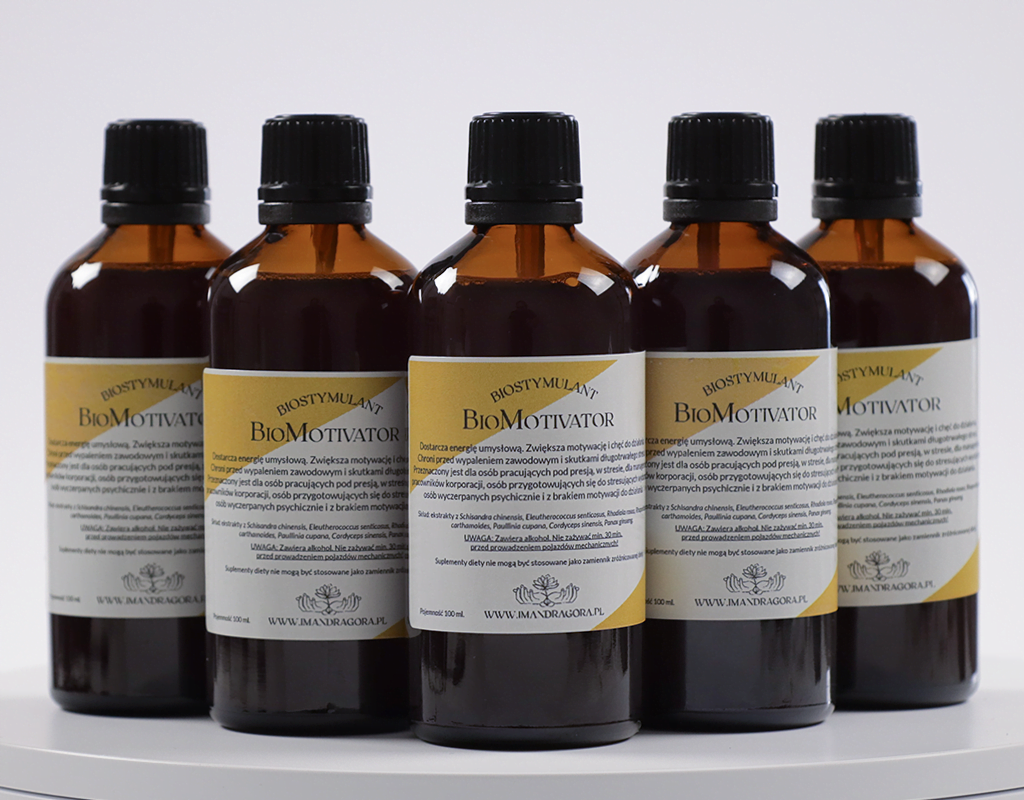
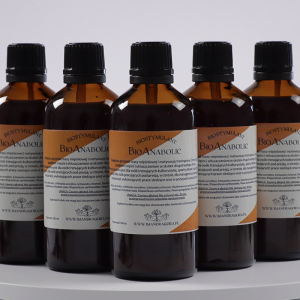
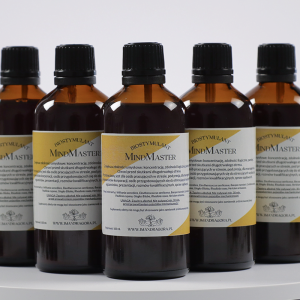
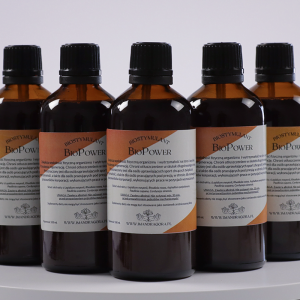
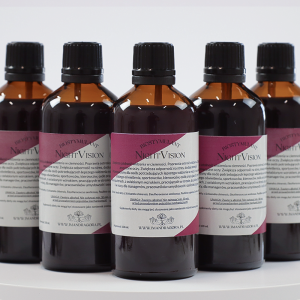
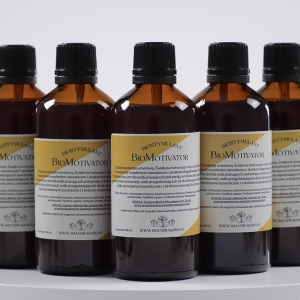
Opinie
Na razie nie ma opinii o produkcie.